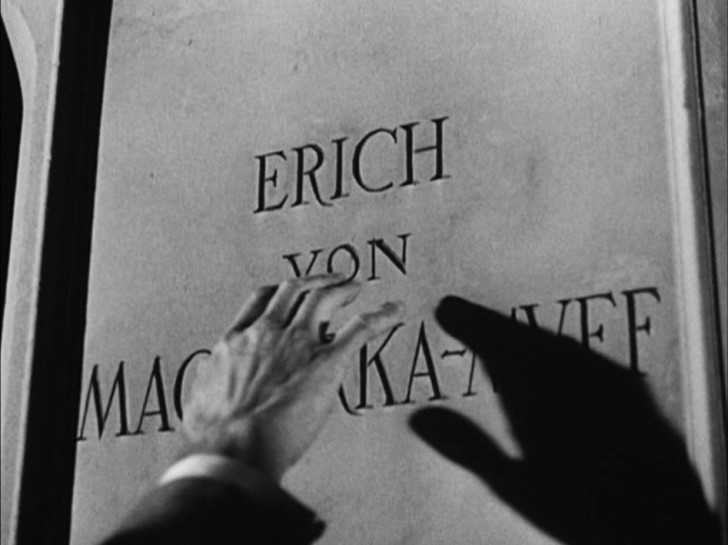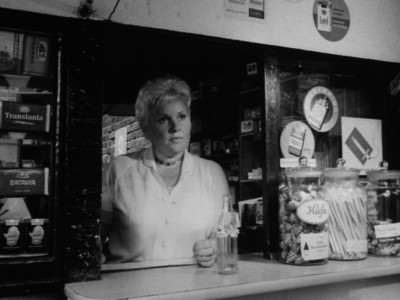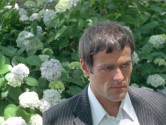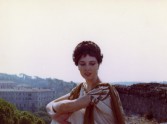
Not Reconciled.
The Cinema of Jean Marie Straub and Danièle Huillet
Short Films
Screening on Film
Relishing his political and sexual prospects in postwar Germany, a former Nazi colonel muses on the stupidity of the bourgeoisie, who can be easily duped in the voting booth and in the bedroom. Straub-Huillet’s first released film is a powerful, almost surreal, distillation of Heinrich Böll’s story, skewering the German soul through gallows humor, an interior monologue of calculation and cynicism, and a montage of jingoistic newspaper headlines. Straub would observe that the film is “built on the equation M [military] = M3 [murder].”
-
Not Reconciled, or Only Violence Helps Where Violence Rules (Nicht versöhnt oder es hilft nur gewalt, wo gewalt herrscht)
Directed by Jean-Marie Straub.
With Heinrich Hargesheimer, Carlheinz Hargesheimer, Martha Staendner.
West Germany, 1965, 35mm, black & white, 55 min.
German with English subtitles.
Print source: Miguel Abreu Gallery
“Long live dynamite!” Straub-Huillet attempt to unmoor their audience by denying them the soothing reassurances of conventional storytelling, spatial continuity or psychological explanation as they hopscotch across the chronologies of Heinrich Böll’s novel, moving freely between the Kaiser autocracy of the 1910s and the Adenauer economic miracle of the 1950s. In doing so, they chart the origins and legacy of Nazism, and the moral demands of obedience and sacrifice within the German bourgeois family.
Love is a tawdry transaction, and a coercive weapon of the ruling class, in this exhilarating, controversial product of the Munich Action-Theater, an immediate forerunner to Rainer Werner Fassbinder’s Anti-Theater productions of the late 1960s. Invoking the writings of Chairman Mao and the events of Paris 1968, Straub and Huillet cast Hermann, Schygulla and Raben (who would soon become regulars of the Fassbinder acting ensemble) along with Fassbinder himself in this radical condensation of Ferdinand Bruckner’s 1926 play Pains of Youth, a single eleven-minute shot that is subsumed within an intricately structured, twelve-shot constellation of other quotations, including poetry by Saint John of the Cross and musical passages from Bach’s Ascension Oratorio.





























